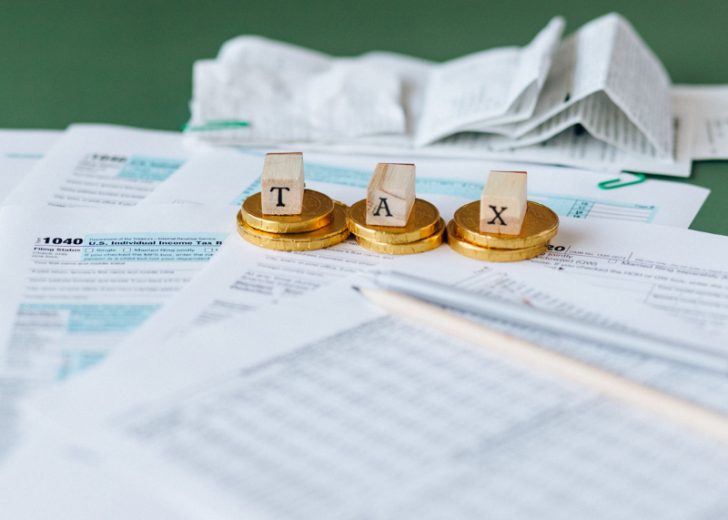The Tax-Man Calls!

Digital tokens like Ethereum and Bitcoin are considered as property by the IRS and taxed like bonds and stocks. But a tax bill is coming soon, besides existing ones, especially if you made a profit in crypto. Financial advisers with clients, who made a killing in crypto in 2021, must remind them that taxes are due. The challenge lies in calculating it. Cryptocurrencies like Ethereum and Bitcoin are classified as property by the IRS and taxed like bonds and stocks. Investors hear ‘currency,’ and think it’s like cash. People don’t realize that they must calculate what the gains and losses are! It is confusing to taxpayers and can be a shock. When investors buy and sell crypto or when it is used to buy goods or services, they engage in financial transactions with tax consequences.
Cryptos are not Tax-free

Crypto trading is definitely not tax-free and can always spring surprises at the year-end, if you are not an experienced investor. There are probably many thousands of people trading casually in crypto currencies, who secure big gains without preparing for the tax hit later on. Most cryptocurrency investors are new to the market, according to a report released in December. The study revealed that over half of the investors who had Bitcoin began purchasing these just the last year. As demand for cryptocurrencies rise, the people who are entering into the market are probably thinking about returns, rather than the taxes they must have to pay on the gains made. The vast majority of crypto investors either don’t know or don’t care about paying taxes as per tax experts. The biggest challenges for cryptocurrency investors is actually keeping an eye of their trading gains or losses, which happens after each and every trade, for what could be a series or multitude of transactions over the period of the investment. The IRS also assumes that cryptocurrencies are being traded when these are used to buy something tangible, such as a car. When stocks are purchased, sold and reinvested, brokers keep track of all capital gains and losses. But crypto exchanges don’t do that and investors are on their own as record maintenance is problematic and these exchanges have yet to catch up with the complex web of these transactions. The onus for keeping records will always remain with the taxpayer. Financial advisers should always assist their clients by reminding them about tax dues related to crypto investing.
Keeping Track of Crypto-gains

The question crypto-investors must ask is- What is your plan for basis tracking? If investors are unable to report crypto-gains, what kind of trouble the IRS could create, is not clear as the agency has no arms around the crypto market. The IRS is undermanned and unable to understand new technology or having reasonable means to enforce the law. Crypto activity is another cash transaction and they hope the taxpayer reports it. But when and if the IRS catches up with crypto-tax cheats, the agency will punish them by prosecuting some crypto-investors to set an example. The IRS’ ability to track crypto tax liability may improve soon. This Infrastructure Bill to be signed into law in 2022, included a proviso requiring crypto-exchanges to report purchase prices, losses and gains to the IRS, generating the same data that brokerages report on Form 1099.Crypto-monitoring will follow the same path.




